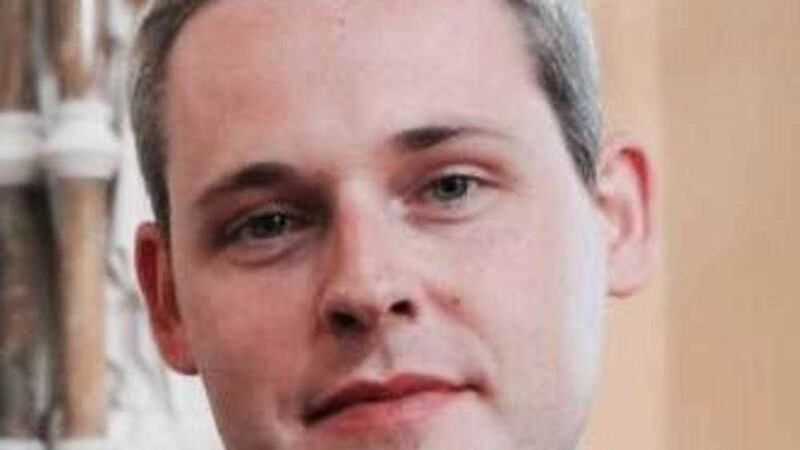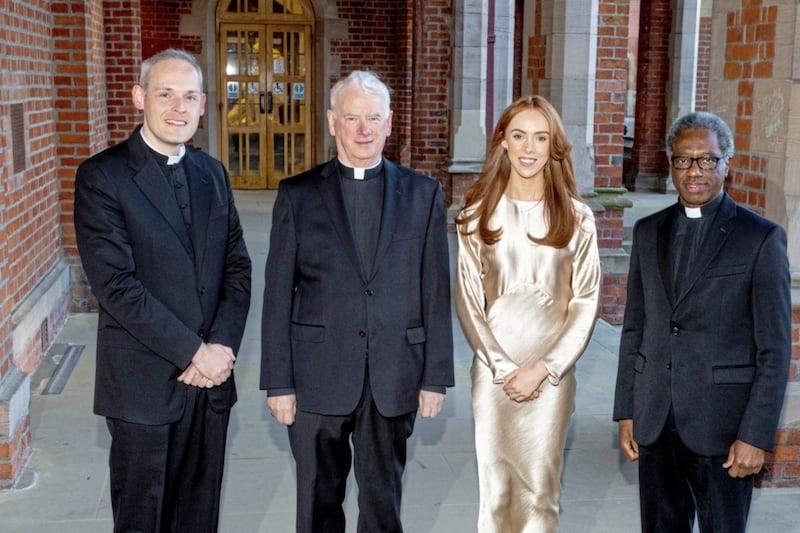Many worrying statistics were shared during Mental Health Awareness Week.
One in four adults and one in 10 children are likely to have a mental health problem in any given year. This can have a profound impact on the lives of tens of millions of people in society, and can affect their ability to sustain relationships, work, or just get through the day.
Anxiety mixed with depression is, by a wide margin, the most common mental health disorder with over 8.2 million cases diagnosed in the UK annually.
Anxiety is defined as a type of fear usually associated with the thought of a threat or something going wrong in the future, but can also arise from something happening right now. Gnawed fingernails and sweat-drenched underarms, hyperventilating and crippling panic attacks are not uncommon.
One sufferer describes it thus: "Anxiety is always and absolutely personal. It is an experience: a colouration in the way you think, feel and act. It is a petty monster able to work such humdrum tricks as paralysing you over your salad, convincing you that a choice between blue cheese and vinaigrette is as dire as that between life and death."
Even if we were unaware of the statistics, most of us could intuit, from personal and shared experience, that ours is an anxious age. Whilst we may not admit of anxiety in its chronic form, all of us worry over the future. We're concerned to work hard at our jobs, to be involved in our family and neighbourhood, and take care of ourselves both physically and mentally. Fear of a life-threatening illness or a rock-bottom moment, if realised, threatens even best-laid plans.
Beyond the personal, there is the potentially maddening awareness of everything perilous about the modern world: the degradation of the environment, nuclear energy, religious fundamentalism, threats to privacy and the family, drugs, pornography, violence. To be anxious seems perfectly natural, indeed sensible.
How, though, can we help ourselves and how might we be helped? Those of us following the cycle of scripture readings during Ordinary Time will have been struck by the wise counsel issuing from the Epistle of St James.
The Bishop of Jerusalem seems intent on grounding his readers in the gritty charism of authentic Christian living. His uncompromising treatment of faith and morals makes for sober reading so soon after Pentecost. And yet his counsel is the fruit of a life lived in the Spirit.
James is keen to remind his readers that we have no idea what our fragile life will be like tomorrow for our future is in God's hands: we are no more than a puff of smoke that appears briefly and then disappears. Whilst we can make the best of plans, only God can guarantee the future.
This, on any reckoning, is a liberating truth. The danger is that we misappropriate it to legitimise presumption or apathy. And yet to James, for whom faith without works is dead, it would make little sense to simply sit at our front step and wait for the Second Coming. Nothing would ever get done!
The better view is to acknowledge that God wants us to be out in the world, building his kingdom - but doing it in a way that keeps us free from anxiety or worry over the future. After all, if he provides so abundantly for the birds and the flowers, how much more can we, his own children, rely on his care and guidance? In this light, anxiety is neither helpful nor necessary. It robs us of our faith and saps us of our energy.
If we were to develop a spirituality appropriate to the needs of our anxious age, the ancient tradition of the suscipe might well aid us. Using an expression that goes back to the primitive Church, many Arab Christians end their conversations with `if God wills'. We see Paul using this expression when he writes to the Christians at Corinth: "I will come to you soon, if the Lord is willing."
This surrender of the future into God's hands is later developed by Ignatius of Loyola and Catherine McAuley, both of whom compose prayers inspired by the recitation of Psalm 118 in the rite of monastic profession: "Receive, O Lord, all my liberty. Take my memory, my understanding, and my entire will. Whatsoever I have or hold, You have given me; I give it all back to You and surrender it wholly to be governed by your will. Give me only your love and your grace, and I am rich enough and ask for nothing more."
A spirituality such as this might well have the potential to transform our age of anxiety into an age of confidence or perhaps even faith.
:: Fr Dominic McGrattan is curate in St Patrick's Church, Belfast








